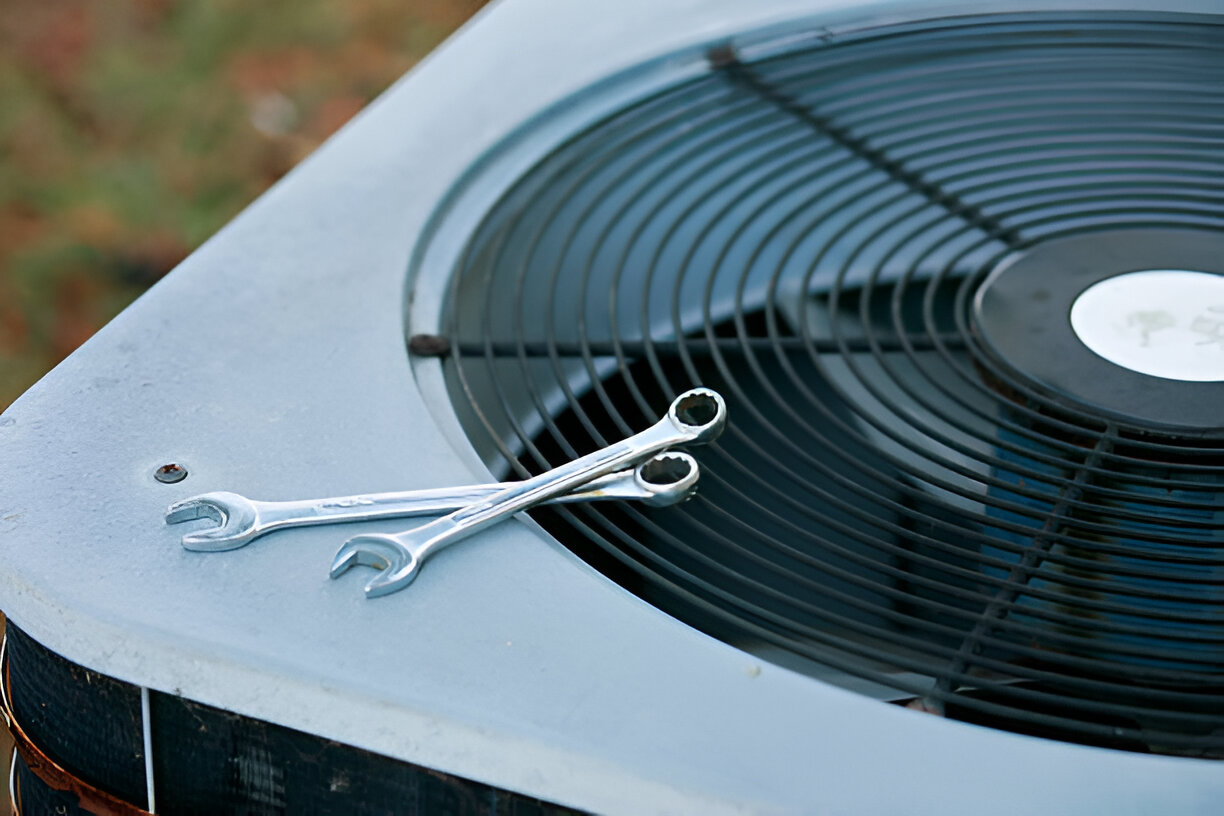Emergency HVAC Services in Houston, TX
Emergency HVAC Services in Houston, TX
When your heating or cooling system fails, every minute matters — especially in Houston where high summer heat, Gulf humidity, and unpredictable storm season can turn a minor malfunction into a health or safety risk. Emergency HVAC services in Houston, TX provide 24/7 response to critical failures, electrical hazards, and total system outages so your home or business regains safe, reliable climate control as quickly as possible.

Common emergency HVAC issues in Houston homes and businesses
Houston’s climate and infrastructure create predictable emergency patterns. Typical scenarios include:
- Complete system failure during heat waves: compressors or controls that lock up under sustained high load.
- No cooling despite system running: refrigerant leaks, failed compressors, or blocked condensers from yard debris and heavy pollen.
- Loss of heat in colder snaps: faulty ignition, burners, or failed heat pumps during rare cold events.
- Electrical hazards: burning smells, sparking, tripped breakers, or smoke — these require immediate shutdown and professional attention.
- Flood or water damage after storms: flooded outdoor units, clogged condensate drains causing overflow, or control board failures from moisture.
- Short cycling or repeated shutdowns: often caused by thermostat faults, control board issues, or failing compressors.
Typical response times for 24/7 emergency HVAC response in Houston
Response time is driven by location, time of day, and weather conditions. Typical expectations in the Houston metro area are:
- Urban and near-suburban areas: initial contact and dispatch within minutes; technician arrival commonly within 30 to 60 minutes for prioritized emergency calls.
- Peak demand or severe weather: arrival times may extend to 2 to 4 hours as crews triage multiple emergencies.
- Remote or hard-to-access properties: travel time can add to the window; technicians will usually provide an estimated arrival time when dispatched.
Temporary stabilization procedures commonly used
Temporary measures buy time until a complete repair or replacement can be performed:
- Safe thermal relief: using supplemental fans, temporary portable ACs, or space heaters to protect occupants.
- Electrical isolation: turning off damaged components or isolating a failed circuit to prevent fire risk.
- Clearing condensate backups: removing blockages in drain lines to prevent water damage and mold growth.
- Securing outdoor equipment: bracing loose panels or clearing debris after storms to prevent further mechanical damage.Note: Major electrical work, refrigerant handling, or component replacement should only be performed by licensed technicians.
Emergency repair versus replacement guidance
Deciding between repairing an emergency failure and replacing the system depends on several factors:
- System age: units older than 12 to 15 years are more likely candidates for replacement due to declining efficiency and rising risk of additional failures.
- Nature of the failure: single-component failures such as a capacitor, fan motor, or control board can often be repaired quickly. Compressor failure, repeated refrigerant leaks, or extensive water and corrosion damage frequently warrant replacement.
- Frequency and cost of prior repairs: repeated emergency calls in a short span indicate underlying system decline. If repair costs approach a large portion of a new system cost, replacement becomes the more cost-effective option over time.
- Efficiency and safety improvements: replacement can restore reliable operation, improve energy efficiency in Houston’s extreme summer demands, and reduce the likelihood of future emergency calls.A technician will provide a clear assessment of immediate fixes required to make the system safe and operational, and then outline short and long-term options with the trade-offs of each.
What to have ready when requesting urgent service in Houston
To help dispatch and technicians respond efficiently, prepare the following:
- Exact address and best access instructions for your property.
- Brief description of symptoms and when they started (no cooling, burning smell, power loss, water leaking).
- System type and age if known (central AC, heat pump, furnace, brand/model).
- Current power status (is the breaker tripped, or is the system completely dead).
- Any recent service history or changes to the system.Providing this information up front helps prioritization and ensures technicians arrive with the right tools and parts.
Preventive steps and seasonal considerations for Houston
Regular maintenance reduces the chance of emergency failures. Houston-specific tips:
- Change filters frequently during high-use months to protect airflow and compressor life.
- Clear debris, pollen, and grass clippings from outdoor units year-round to maintain condenser performance.
- Inspect and maintain condensate drains to prevent backups in high-humidity seasons.
- Schedule pre-summer and pre-winter tune ups so systems are load-ready for Houston heat and occasional cold snaps.
- Prepare outdoor units before hurricane season by securing panels and checking mounting conditions.
Emergency HVAC services in Houston, TX focus on fast, safe response, clear diagnostics, and practical stabilization to protect people and property. Understanding likely causes, what to expect during an emergency visit, and the repair versus replacement considerations helps homeowners and business operators make informed decisions under pressure.
Customer Testimonials
Our customers praise our exceptional service and attention to detail, consistently exceeding expectations.































































